Our planet is a living classroom. Pull up a chair for today’s lesson with Asst. Secretary Jainey Bavishi and NOAA Education experts as they discuss how to make environmental science accessible to all ages – and how to build climate adaptation & resilience for AND WITH young people.
Our planet is a living classroom. Pull up a chair for today’s lesson with Asst. Secretary Jainey Bavishi and NOAA Education experts as they discuss how to make environmental science accessible to all ages – and how to build climate adaptation & resilience for AND WITH young people.SYMONE BARKLEY : Welcome back to Planet NOAA! I’m your host, Symone Barkley. I’m the National Ocean Service Exhibits Manager and an Education Specialist here at NOAA.
HOST: Thanks, Tom. Unfortunately, wildfires aren’t the only disasters that we’re on the lookout for. Any news from our Hurricane Hunter fleet since we last chatted about hurricane prep? HOST: How spot-on is the original"Twister" compared to NSSL’s work, though? Do we have any scientists hanging out in truck beds?
CLAYTON: I first fell in love with the ocean in third grade. We had started doing separate science classes from the rest of our subjects and my teacher at the time, who I can only remember her looking exactly like Miss Frizzle – crazy skirts and all – did a sea turtle migration project with us, and I just fell in love. I was obsessed with sea turtles for a few years. I decided at the age of seven, I was going to be a marine biologist, not even really fully knowing what that meant.
CLAYTON: I feel really lucky that I had the experience with STEM when I did, because it really set me on a path for the rest of my – not only childhood, but also life – that I was really able to kind of have a guiding vision. But without that opportunity to really get that, you know, deep interest early on, I think I would have been a little bit more aimless, and it would have taken me a lot longer to end up where I am, or maybe I would have ended up somewhere different.
SCHOEDINGER: So the environmental literacy program at NOAA is primarily a grant program. Those grants support community resilience to climate change and other environmental hazards through both formal K-12 and informal education.
KOCH: So the Office of Education has three major roles. One is we have education grant programs, the Bay Watershed Education and Training Program, or the B-WET program. Then we have the Environmental Literacy Grants , and both of these programs support educators across the country bringing resilience education or watershed education into classrooms. We also have programs that support students like Kacey, who are really talented and have, you know, lots of curiosity and want to come and learn.
CLAYTON: I think for so long science has been a really kind of insular field. We publish big research papers that are often behind paywalls and use big jargon words. You know, the solutions that we need for the issues that are facing our planet are going to require us to reach past, you know, that paywall, past those big words, and connect with other folks.
GUEST HOST: Absolutely and completely agree. So, as Louisa mentioned earlier, the Office of Education has plenty of programming available to teachers, and that the NOAA Education Division doesn't just benefit students, it's about our teachers too. Tens of thousands of educators have participated in NOAA-supported professional development programs each year. And with that, Mark, I would love to ask you a little bit more about your experience as a Teacher at Sea.
GUEST HOST: Yeah, that's pretty incredible. And I'll just add for folks that if you're interested in exploring the blogs and the stories from other Teachers at Sea, you can visit the Teacher at Sea website and see in real time what our Teachers at Sea, our 2024 cohort, are cataloging and experiencing right now.
CLAYTON: For me, aquariums were a huge part of my growth as a scientist and as someone who was pursuing a science field. I grew up in the DC area, and while we're not that far from the water, we're also not that close to the ocean either. And like I said, I fell in love when I was seven and, you know, had that marine biologist dream career goal in my head then. My parents were so kind to take me to aquariums all up and down the East Coast.
SCHOEDINGER: Well, I would tell them to know that there is a wide range of careers possible, and some career paths haven't even been thought of yet. So don't try to specialize too early. And don't forget about learning in the arts and humanities. Think about developing skills and knowledge that may not seem directly related to a STEM career pathway, because we just don't know what those careers are going to be tomorrow. They haven't been thought up yet.
HOST: Welcome back, Tara. You know, a lot of meteorologists I’ve spoken to have referenced"Twister" as a lightning rod for their career path. BAVISHI: Well, thanks so much for the question. You know, I am so privileged and honored to be here at NOAA at this time in this role. I get to come into work every day, and I'm focused on equitable, proactive climate adaptation and resilience to advance a climate-ready nation, healthy and resilient oceans and coasts, and our Blue Economy, and sustainable fisheries.
BAVISHI: Just like with Nos Quedamos, I've just been so inspired by the engagement and leadership from youth all around our country as I get to, you know, visit different communities and see the work that's happening.
BAVISHI: Right now, we're in the middle of an unprecedented season when it comes to ocean conservation, where the Biden administration has led one of the most active marine sanctuary designation processes since the 1990s, with six sites in the designation process, including the Chumash Heritage National Marine Sanctuary in California, which would be co-stewarded with Indigenous people who have stewarded these waters for thousands of years. So it's a really exciting time.
United Kingdom Latest News, United Kingdom Headlines
Similar News:You can also read news stories similar to this one that we have collected from other news sources.
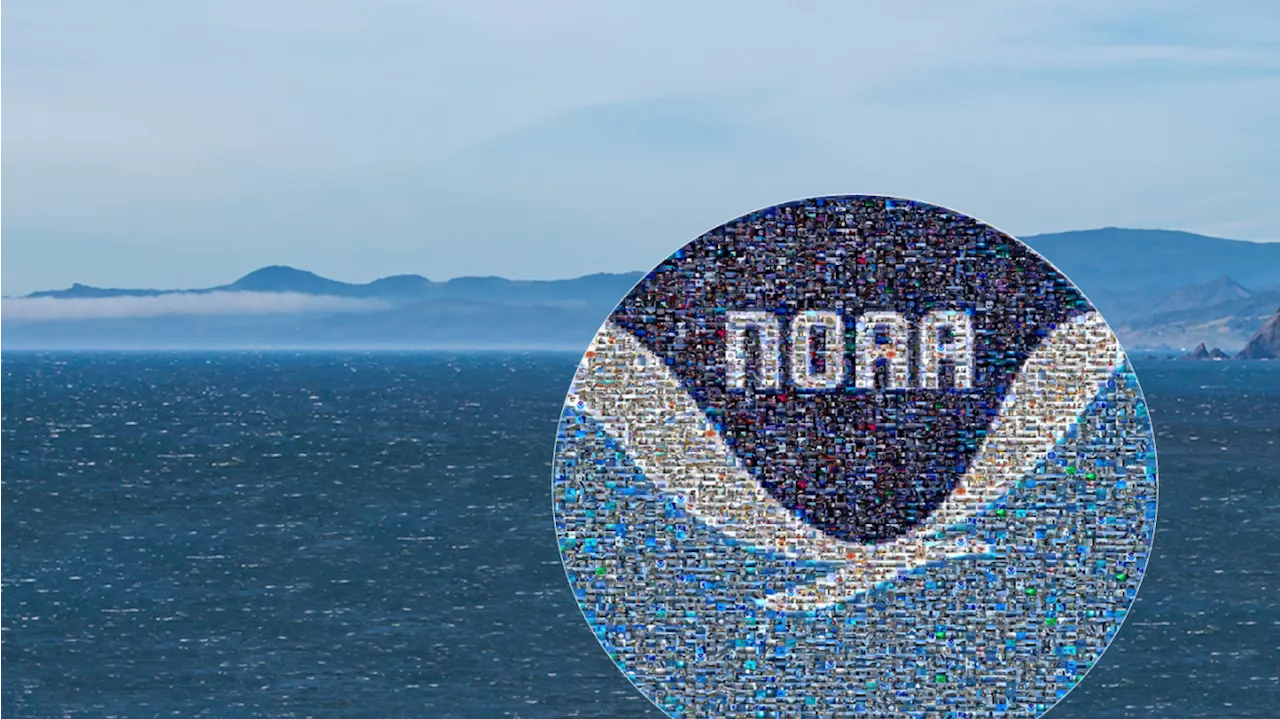 Chad Cary to lead NOAA Corps and NOAA Office of Marine and Aviation OperationsThe U.S. Senate confirmed on Thursday President Biden’s nomination of NOAA Rear Adm. Chad Cary to lead the NOAA Commissioned Officer Corps (NOAA Corps) and NOAA Office of Marine and Aviation Operations (OMAO).
Chad Cary to lead NOAA Corps and NOAA Office of Marine and Aviation OperationsThe U.S. Senate confirmed on Thursday President Biden’s nomination of NOAA Rear Adm. Chad Cary to lead the NOAA Commissioned Officer Corps (NOAA Corps) and NOAA Office of Marine and Aviation Operations (OMAO).
Read more »
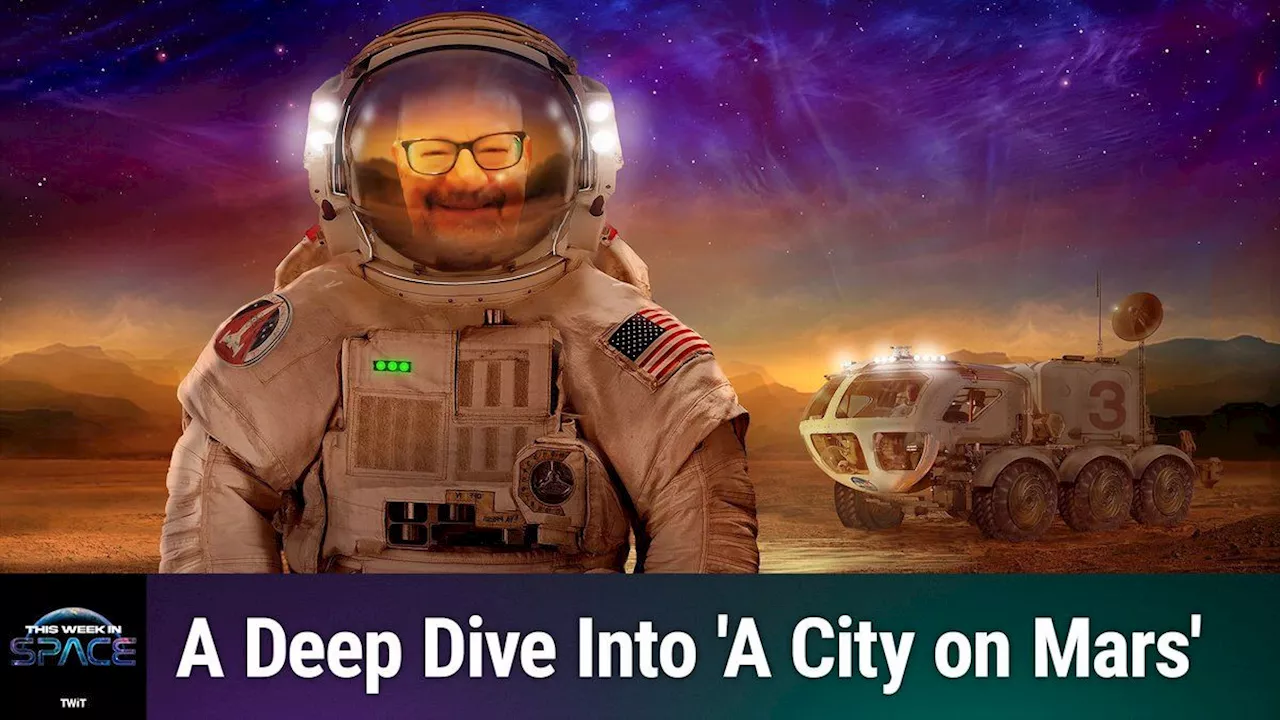 This Week In Space podcast: Episode 122 — No City on Mars?Space.com is the premier source of space exploration, innovation and astronomy news, chronicling (and celebrating) humanity's ongoing expansion across the final frontier. Originally founded in 1999, Space.com is, and always has been, the passion of writers and editors who are space fans and also trained journalists.
This Week In Space podcast: Episode 122 — No City on Mars?Space.com is the premier source of space exploration, innovation and astronomy news, chronicling (and celebrating) humanity's ongoing expansion across the final frontier. Originally founded in 1999, Space.com is, and always has been, the passion of writers and editors who are space fans and also trained journalists.
Read more »
 Is your next outdoor misadventure fit for a podcast episode?“One of the common themes in our survival stories is that it’s almost never just one thing that goes wrong,” shared Peter Frick-Wright, host of the Outside Podcast.
Is your next outdoor misadventure fit for a podcast episode?“One of the common themes in our survival stories is that it’s almost never just one thing that goes wrong,” shared Peter Frick-Wright, host of the Outside Podcast.
Read more »
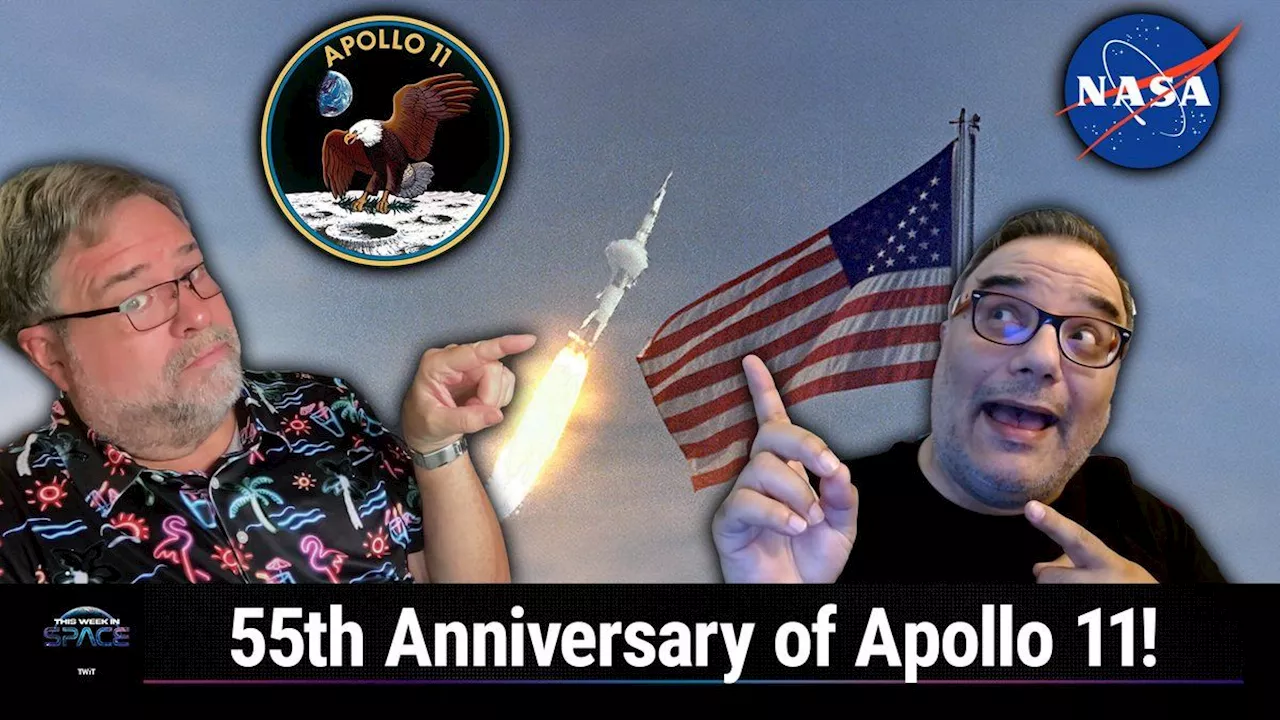 This Week In Space podcast: Episode 120 — Remembering Apollo 11 & Looking AheadSpace.com is the premier source of space exploration, innovation and astronomy news, chronicling (and celebrating) humanity's ongoing expansion across the final frontier. Originally founded in 1999, Space.com is, and always has been, the passion of writers and editors who are space fans and also trained journalists.
This Week In Space podcast: Episode 120 — Remembering Apollo 11 & Looking AheadSpace.com is the premier source of space exploration, innovation and astronomy news, chronicling (and celebrating) humanity's ongoing expansion across the final frontier. Originally founded in 1999, Space.com is, and always has been, the passion of writers and editors who are space fans and also trained journalists.
Read more »
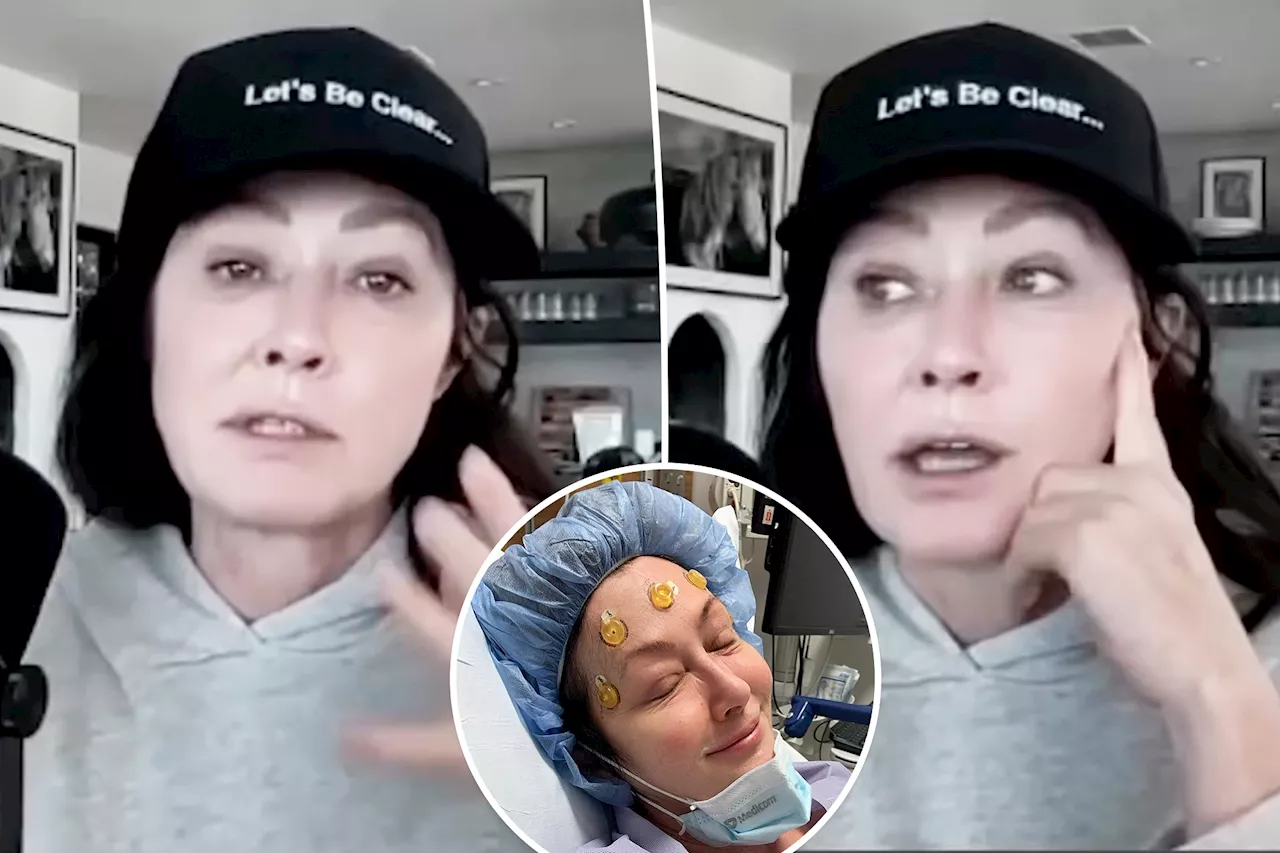 Shannen Doherty said she was 'hopeful' about chemo in last podcast episode before deathShannen Doherty says she is ‘hopeful’ about chemo in last podcast episode before death
Shannen Doherty said she was 'hopeful' about chemo in last podcast episode before deathShannen Doherty says she is ‘hopeful’ about chemo in last podcast episode before death
Read more »
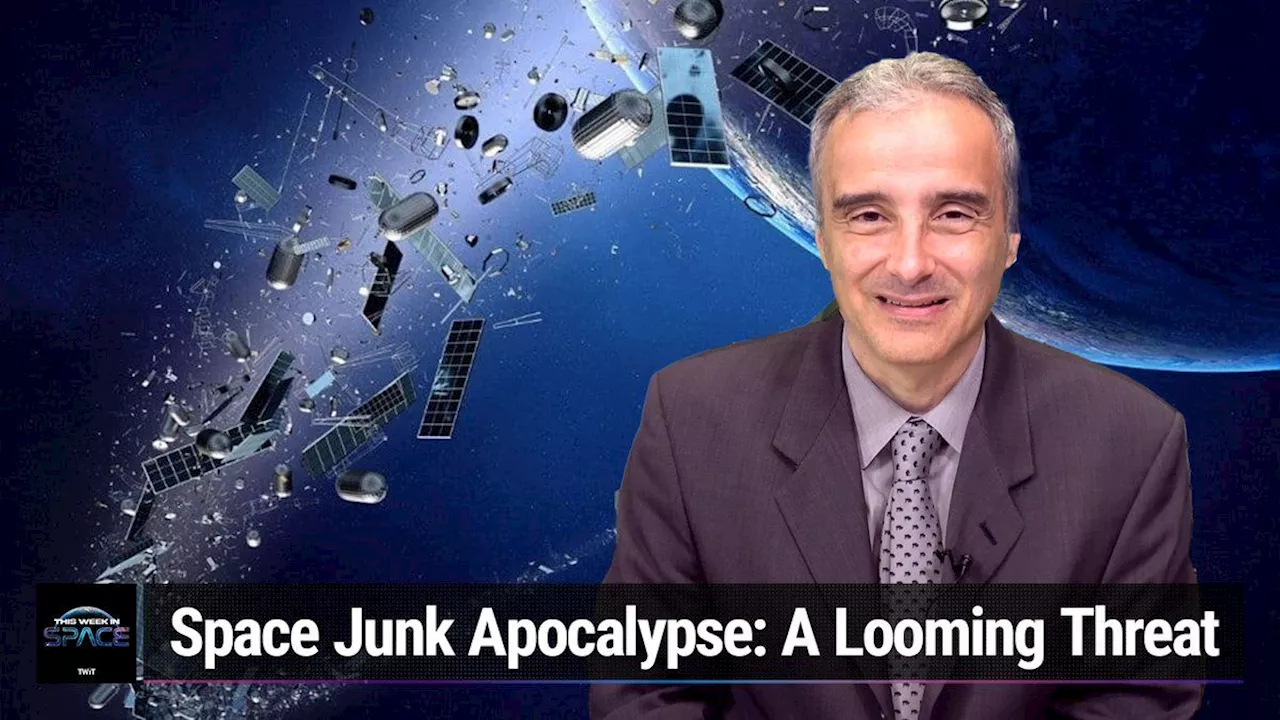 This Week In Space podcast: Episode 119 — Junkyard in SpaceSpace.com is the premier source of space exploration, innovation and astronomy news, chronicling (and celebrating) humanity's ongoing expansion across the final frontier. Originally founded in 1999, Space.com is, and always has been, the passion of writers and editors who are space fans and also trained journalists.
This Week In Space podcast: Episode 119 — Junkyard in SpaceSpace.com is the premier source of space exploration, innovation and astronomy news, chronicling (and celebrating) humanity's ongoing expansion across the final frontier. Originally founded in 1999, Space.com is, and always has been, the passion of writers and editors who are space fans and also trained journalists.
Read more »
